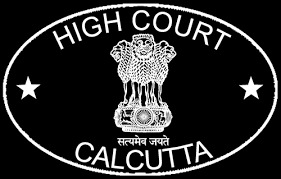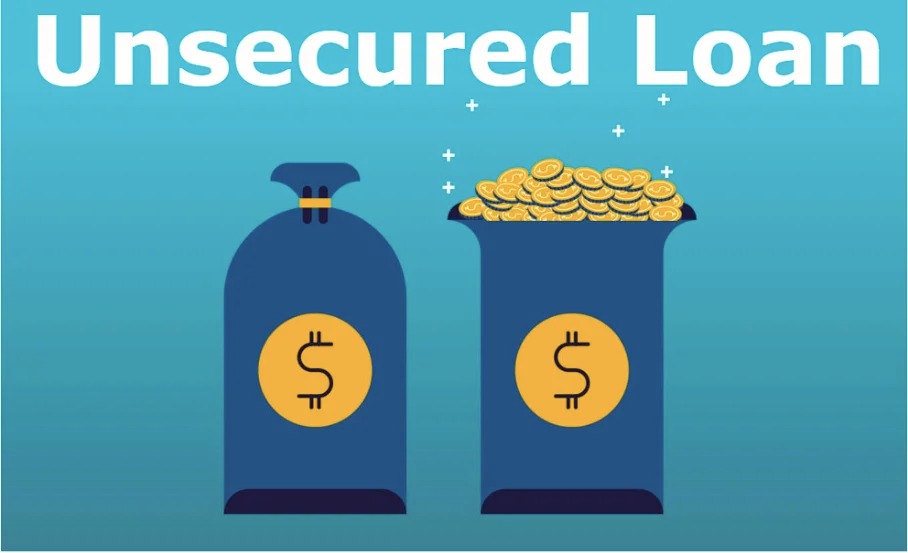Mrs. Sujata Manohar, J.@mdashThe petitioners carry on the business, inter alia, of manufacturing, supplying and installing air-conditioning, refrigeration, ventilation and humidification equipment. The petitioners entered into an agreement dated September 23, 1982, with Messrs. Taj Lanka Hotels Ltd. On or about March 24, 1983, the petitioners had applied for approval of this agreement u/s 80-O of the Income Tax Act, 1961. The Central Board of Direct Taxes, by their order of 6th/10th of March, 1986, declined to approve the agreement u/s 80-O. The Board also did not grant approval in a review petition which was filed by the petitioners. Hence, the present writ petition has been filed.
2. The agreement of September 23, 1982, which is annexed as exhibit ''A'', recites that the petitioner-company has developed and acquired technical expertise in the areas of design and developing heating, ventilating and air-conditioning systems and in selection of appropriate heating, ventilating and air-conditioning equipment from various international markets and sources. It also recites that the petitioner-company has offered to make available its technical know-how and services and expertise in all these areas to Messrs. Taj Lanka Hotels Ltd., which is a foreign company incorporated in Sri Lanka. The agreement defines the scope of technical know-how. The term "technical know-how" is to include technical date, drawings, designs, trade secrets, formulae, expertise of engineers and technicians, selection of equipment, exploring and locating appropriate sources of equipment and materials in renowned international and Indian markets, installation of equipment and accessories to make the heating, ventilating and air-conditioning systems operative. Under the terms of the agreement, the petitioner-company has agreed to supply and provide technical know-how including installation of equipment and the establishment of heating, ventilating and air-conditioning systems in conformity with the specifications provided by the Sri Lanka company. Clause 8 of the agreement provides for consideration in respect of equipment, while clause 9 provides for consideration in respect of know-how. Consideration for know-how includes charges for delivery and installation of the equipment also. Clearly, therefore, the agreement in question includes payment for scientific knowledge, experience and skill made available to the foreign company by the petitioners as also fees for technical services to be rendered by the petitioners to the foreign company. u/s 80-O, as it stood at the relevant time, where the gross total income of the assessee includes such income, the assessee is entitled to certain deductions provided in that section. An application for approval of the agreement is made to the Central Board of Direct Taxes in the prescribed form and verified in the prescribed manner prior to October 1 of the assessment year in relation to which the approval is first sought.
3. As from April 1, 1983, section 80HHB has been added to the Income Tax Act, 1961. Where the gross total income of the assessee includes any profits and gains derived from the business of execution of a foreign project undertaken by the assessee in pursuance of a contract entered into by him or the execution of any work undertaken by him and forming part of a foreign project undertaken by any other person in pursuance of a contract entered into by such other person, the assessee is allowed certain deductions as set out in this section. "Foreign project" is defined in sub-section (2)(b) as a project for construction of any building, road, dam, bridge or other structure outside India, and the assembly or installation of any machinery or plant outside India.
4. In the light of these two sections, i.e., sections 80HHB and 80-O, which were both in existence at the relevant time, it is clear from the nature of the agreement that it involves payment which falls u/s 80-O, though the entire payment may not be attributable to income falling u/s 80-O. In the case of such composite agreements, the Board originally issued Circular No. 187 dated December 23, 1975 (see
5. This circular has been approved by the Supreme Court in the case of
6. In the present case, however, the Central Board of Direct Taxes, after seeking a detailed composition of receipts from the petitioners, which the petitioners supplied along with their letter of October 4, 1985, has held that it cannot approve the agreement for the purpose of section 80-O because "all or any of the activities under the above-mentioned agreement involve the execution of a foreign project as described in section 80HHB of the Act". The Board has to see whether the consideration or a part of it is covered by section 80-O or not. Even if it is a composite agreement, if any part of the consideration can be held to be income falling u/s 80-O, the Board is required to approve the agreement in the light of the circular which we have referred to above and the ratio of the Supreme Court''s decision referred to above. The order of the Board suffers from non-application of mind to the relevant provision of section 80-O and the circular.
7. The second order of March 20, 1986, also sets out that "the main activity under the agreement is squarely covered by the provisions of section 80HHB. In view of the specific prohibition of sub-section (5) of section 80HHB", therefore, the Board regretted their inability to entertain the review petition in the matter. Here also the Board has not applied its mind to the question as to whether any part of the consideration under the agreement is covered by section 80-O or not. Both these orders are, therefore, the result of non-application of mind to the relevant facts and the provisions of law.
8. In the premises, both the orders of March 6, 1986, and September 29, 1986, are set aside.
9. The application of the petitioners for approval u/s 80-O it referred back to the Central Board of Direct Taxes and the Board is directed to dispose of the same in the light of the ratio of this judgment as also in the light of Circular No. 253 dated April 30, 1979 (see [1980] 126 ITR 21 ), and the decision of the Supreme Court in the case of
10. Rule is made absolute accordingly.
11. The application shall be disposed of within ten weeks from the date of receipt of the order.
12. Certified copy expedited.

